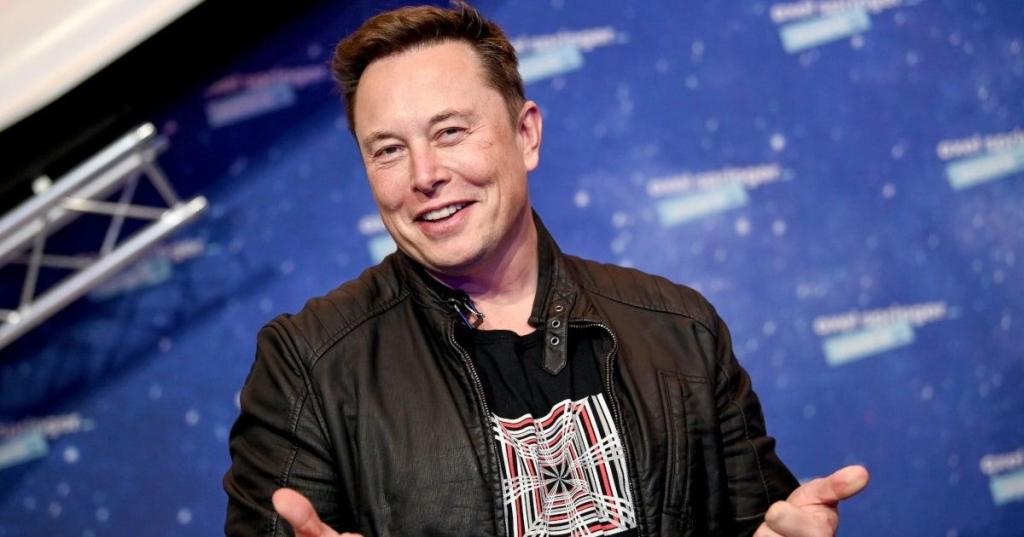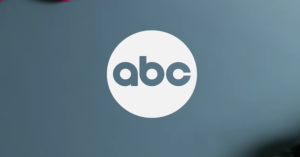Elon Musk unleashed another quirky social media stunt with big business implications on Tuesday. The Tesla and SpaceX founder tweeted: “I will eat a happy meal on TV if McDonald’s accepts Dogecoin.” Some are now questioning whether it’s responsible for Musk to promote a cryptocurrency this way.
Cryptocurrencies like Dogecoin and Bitcoin were created to theoretically take the place of mainstream currency, but so far they have been used more as speculative bets since the conversion rates to cash fluctuate so wildly. Musk has spoken in favor of cryptocurrency in both of these functions – particularly Dogecoin, which is based on an internet meme and is therefore steeped in irony. Musk’s new tweet about McDonald’s may have been releated to an interaction between the company and Dogecoin co-founder Billy Markus last week.
Videos by PopCulture.com
McDonald’s tweeted a photo of french fries on Wednesday, writing: “reply to steal a fry.” Markus obliged, writing: “I want a fry.” McDonald’s responded with an edited version of the doge meme, which showed the iconic shiba inu with a french fry in their mouth. At once, Dogecoin enthusiasts and speculators began commenting that McDonald’s should accept Dogecoin as payment at its restaurants.
Whether it was related or not, Musk’s tweet drummed up a lot of attention on Tuesday. The official Burger King account got the top response, writing: “Only a king knows what da coin do.” At the time of this writing, Burger King does not accept cryptocurrency as payment either. The official Dogecoin account replied with a GIF that showed the Shiba Inu surrounded by McDonald’s products.
So far, McDonald’s and Musk have not responded to requests from other outlets like Business Insider for a comment on this cryptic interaction. As far as we know, there are no plans for fast food companies to begin accepting cryptocurrency as payment.
Cryptocurrency is revolutionary in its use of blockchain technology, which has wide-reaching implications if used in the right applications. Crypto enthusiasts often tout these possibilities as a reason to “invest” in cryptocurrencies, but right now economists consider them to be essentially speculative bets.
In some ways, the hopes of seeing cryptocurrency adopted as a general-use currency are slipping further away as regulations pile up. Last year, 17 states in the U.S. passed laws regulating the purchase, sale and ownership of cryptocurrency. The SEC is now considering how to handle these assets moving forward. Even if these hurdles could be overcome, experts warn that a “decentralized” and “unregulated” economy may not be as desirable as some enthusiasts think.








